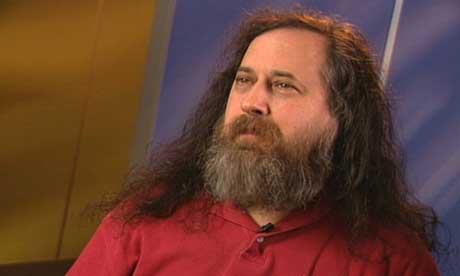
CherryPal™ replaced the C100 with the 8GB SSD C114
- still the same price!!!
Specifications:
-Freescale’s MPC5121e mobileGT processor, 800 MIPS (400 MHz)
of processing
-256 MB of DDR2 DRAM
-8GB NAND Flash-based solid state drive (increased from 4GB
C100)
-WiFi 802.11b/g Wi-Fi
-Two USB2.0 ports
-One 10/100 Ethernet with RJ-45 jack
-One VGA DB-15 display out jack
-Headphone level stereo audio out 3.5mm jack
-9vDC 2.5mm 10 watt AC-DC adapt er power supply
-Weighs 10 ounces
-1.3” high, 5.8” x 4.2” wide
2. For $10 off, use the coupon code CPP206:
You will be asked to enter the coupon CODE at the Google Checkout site. ENTER CPP206
YOU MUST ENTER THE CODE CPP206 IN ORDER TO GET TEN (10) DOLLARS OFF!
You will be notified when your new CherryPal has shipped.
3. Please come back to http://cherrypal.blogspot.com to share your comments about your experience of purchasing, receiving, using and being a CherryPal!
CherryPal will start shipping the C114 (read that as C-eleven-four) on US Election Day, Tuesday November 4th, 2008. We all hope this day will change the world for the better.
All open and future orders will get an automatic upgrade
to the C114 - same low price of $249.00 but with 8GB
(C100 4GM) local FLASH storage.
Election Day, Tuesday November 4th, 2008.CherryPal is accepting orders again, shipment on 11/4 guaranteed!!!
cloud computing.
For international buyers: The C114 comes with US power
adaptor
 110V to 240V.
110V to 240V.From cherrypal.com:
CherryPal HyperCloud™ Technology
CherryPal is the only company that provides a patent-
pending combination of both hardware and software
encryption, making it highly secure. The CherryPal also
offers a patent-pending single software layer technology.
This collapses the operating system and browser into
one layer, where there had traditionally been three
separate layers. It makes the computer exponentially
faster and virtually eliminates any risk of bugs or viruses
for the user.
The CherryPalCloud™ Innovation
CherryPal has removed the hassle from personal
computing by moving most of the software and data that
traditionally sits on the desktop to the Internet. Instead of
accessing programs and data from your desktop
computer, the majority of information is processed and
stored on the web in a highly secure environment called
the CherryPalCloud™, which is automatically accessed
at boot-up. The CherryPalCloud removes many of the
headaches typically associated with traditional personal
computers, including:
* application downloads, software upgrades and
crashing operating systems, because everything is
maintained in the CherryPalCloud by CherryPal
administrators
* viruses and hackers, because the user’s hardware
is no longer exposed to local bugs and viruses
* lag time, because the majority of cumbersome
software applications are stored in the CherryPalCloud,
the computer operates just as fast – if not faster – than a
traditional PC.








































